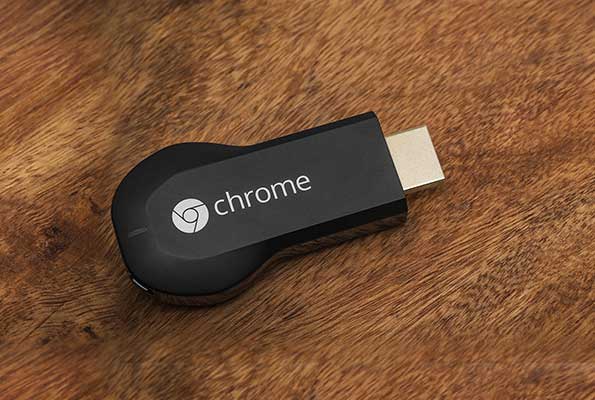Google announced that it would no longer be providing software or security upgrades for the first-generation Chromecast from 2013.
According to Google’s support page, the “support for Chromecast (1st gen) has ended, which means these devices no longer receive software or security updates, and Google does not provide technical support for them. Users may notice a degradation in performance.”
According to 9to5Gogole, first-generation Chromecasts looked like keys with an HDMI port on the right and a micro USB port for power and an adapter on the left. “Chrome” and the browser’s logo were printed on the top.
First-generation Chromecasts resembled keys and had an HDMI port on the right and a micro USB port for power and an adapter on the left, according to 9to5Gogole. On the top, “Chrome” and the browser’s logo were printed.
At a time when many consumers had not yet made the leap to smart TVs, it was a cheap solution for installing video streaming apps on TVs, costing only $35.
The article also mentioned that the tech juggernaut released a puck-shaped second-generation Chromecast two years after the first.
In 2018, the third-gen model was released.
Google also recently unveiled a brand-new live TV experience that allows users to browse more than 800 free TV channels from various providers in 10 different languages.
The users get access to international channels with programmes in more than ten languages, including Spanish and Japanese.
Meanwhile, A new malware strain that poses as Google Ads has been identified by cybersecurity company Secureworks, and the company said it is spreading swiftly.
The malicious software, known as Bumblebee, was first identified over a year ago and would normally spread through phishing assaults, but Secureworks has warned that the person responsible is now getting more inventive and hopping on a new trend.
In the most current State of the Threat Report from Securework, published in 2022, it was noted that there had been a rise in attacks including trojanized software that was being disseminated through Google Ads or SEO poisoning. Bumblebee is just one of several programmes trying this more common technique, the report said.



